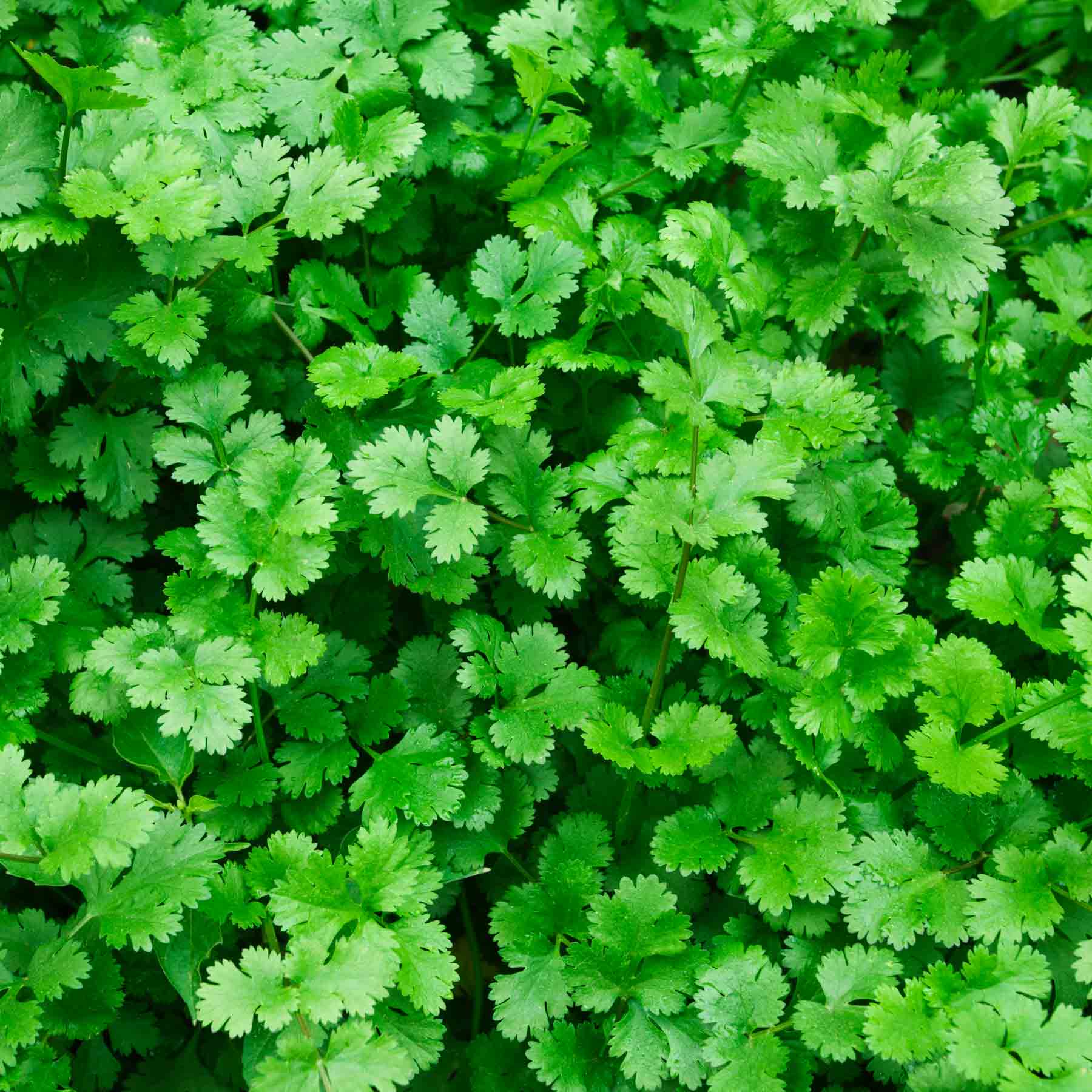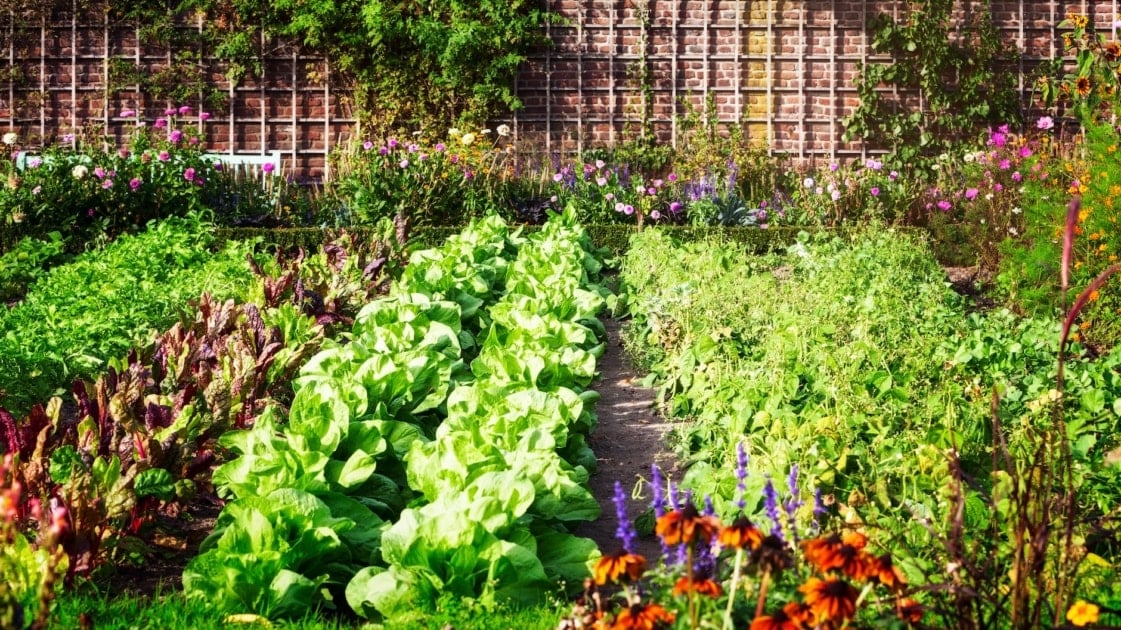The Ultimate Guide To Companion Planting With Ginger
The Ultimate Guide to Companion Planting with Ginger
Ginger is a versatile and delicious root vegetable that can be grown in many different climates. It's also a great companion plant for a variety of other crops. In this guide, we'll discuss the benefits of companion planting with ginger, as well as some of the best plants to grow alongside it.
What is Companion Planting?
Companion planting is the practice of planting different types of plants together in order to benefit each other. Some plants, for example, can help to repel pests or diseases, while others can improve the soil quality or provide shade.
Why Companion Plant with Ginger?
There are several reasons why you might want to companion plant with ginger. First, ginger can help to repel pests and diseases. The strong smell of ginger can deter insects like aphids, spider mites, and nematodes. It can also help to suppress the growth of fungal diseases like root rot.
Second, ginger can improve the soil quality. Ginger is a nitrogen-fixing plant, which means that it can help to add nitrogen to the soil. This can benefit other plants in the garden, as nitrogen is an essential nutrient for plant growth.
Third, ginger can provide shade. Ginger plants can grow quite tall, so they can provide shade for other plants that prefer cooler conditions. This can be especially beneficial in hot, sunny climates.
What Plants Grow Well with Ginger?
There are many different plants that can be grown alongside ginger. Some of the best companion plants for ginger include:
- Garlic: Garlic is a natural pest repellent, and it can help to protect ginger from aphids, spider mites, and other insects.
- Beans: Beans are nitrogen-fixing plants, so they can help to improve the soil quality for ginger.
- Chili peppers: Chili peppers can help to deter pests, and they can also add a bit of heat to your ginger dishes.
- Turmeric: Turmeric is a close relative of ginger, and it can benefit from the same growing conditions.
- Leafy greens: Leafy greens like lettuce, spinach, and kale can help to suppress the growth of weeds and improve the soil quality.
- Fruit trees: Ginger can be grown under fruit trees, as it can tolerate some shade.
How to Companion Plant with Ginger
When companion planting with ginger, there are a few things to keep in mind. First, you'll need to choose plants that have similar growing requirements. Ginger prefers full sun and well-drained soil. It's also important to consider the size of the plants. Ginger plants can grow quite tall, so you'll need to make sure that there's enough space for them to spread out.
Once you've chosen your companion plants, you can start planting. Ginger plants should be planted in the spring or fall. When planting, dig a hole that's about twice the size of the ginger rhizome. Place the rhizome in the hole and cover it with soil. Water the plant well and keep the soil moist.
Conclusion
Companion planting with ginger is a great way to improve the health and productivity of your garden. By planting ginger alongside other beneficial plants, you can help to deter pests, improve the soil quality, and create a more balanced ecosystem.
Ginger is a delicious and versatile root vegetable that can be used in a variety of dishes. But did you know that there are certain plants that can help ginger grow better? These are known as companion plants, and they can provide a number of benefits to ginger, such as:
- Attracting beneficial insects: Some companion plants, such as basil and cilantro, attract beneficial insects that help to control pests. This can help to keep your ginger plants healthy and free of pests.
- Providing shade: Other companion plants, such as lemongrass and turmeric, can provide shade for ginger plants. This is important in hot climates, as it can help to prevent the ginger roots from overheating.
- Improving soil quality: Some companion plants, such as beans and peas, can help to improve the soil quality around ginger plants. This can help the ginger roots to grow better and produce more flavorful rhizomes.
If you're looking to grow ginger, I encourage you to do some research on companion plants. There are a number of different plants that can benefit ginger, and finding the right ones for your climate and growing conditions can make a big difference in the success of your crop.
For more information about companion plants for ginger, I recommend visiting Gardenia Inspiration. This website has a comprehensive list of companion plants for ginger, as well as information on the benefits of each plant.
FAQ of companion plants for ginger
Q: What are some good companion plants for ginger?
A: Some of the best companion plants for ginger include:
- Turmeric: Turmeric is a close relative of ginger and has similar growing requirements. Both plants also repel pests and diseases, so they can help each other thrive.

- Beans: Beans are nitrogen-fixing plants, which means they add nitrogen to the soil. This can benefit ginger, which is a heavy feeder.
-(2).jpg)
- Chili peppers: Chili peppers release a chemical that helps to repel pests. This can be beneficial for ginger, which is susceptible to some pests.

- Lemongrass: Lemongrass is a tall, leafy plant that provides shade for ginger. It also helps to repel mosquitoes, which can be a problem for ginger plants.
- Cilantro: Cilantro is a fragrant herb that helps to repel pests. It also complements the flavor of ginger, so it's a good choice for culinary gardens.

Q: What are some plants that should not be planted near ginger?
A: There are a few plants that should not be planted near ginger, including:
- Walnuts: Walnuts release a chemical that can inhibit the growth of other plants.

- Pecans: Pecans also release a chemical that can inhibit the growth of other plants.
- Invasive herbs: Invasive herbs can quickly take over a garden, so it's best to avoid planting them near ginger.
Q: What are the benefits of companion planting with ginger?
A: There are several benefits to companion planting with ginger, including:
- Increased yields: Companion plants can help to increase the yields of ginger plants.
- Improved soil health: Companion plants can help to improve the soil health around ginger plants, which can lead to better growth.
- Reduced pest and disease pressure: Companion plants can help to reduce the pest and disease pressure on ginger plants.
- Enhanced flavor: Companion plants can enhance the flavor of ginger plants.
Q: When should I plant companion plants with ginger?
A: The best time to plant companion plants with ginger is when you are first planting the ginger. This will give the companion plants time to establish themselves before the ginger starts to grow.
Q: How far apart should I plant companion plants with ginger?
The distance between companion plants and ginger will vary depending on the size of the plants. However, it is generally a good idea to plant companion plants at least 12 inches away from ginger plants.
Image of companion plants for ginger
- Chives: Chives are a good companion plant for ginger because they repel pests and attract beneficial insects. They also have similar growing requirements, so they can be planted together without competing for resources.

- Cucumbers: Cucumbers and ginger are both members of the Cucurbitaceae family, so they can be planted together to help each other thrive. Cucumbers help to improve the soil structure for ginger, and ginger helps to repel pests that can damage cucumbers.

- Lettuce: Lettuce is another good companion plant for ginger because it helps to suppress weeds and improve the soil structure. Lettuce also doesn't require a lot of water, so it won't compete with ginger for moisture.

- Marigolds: Marigolds are a popular companion plant for many different vegetables, and they're also a good choice for ginger. Marigolds help to repel pests and attract beneficial insects, which can help to protect your ginger plants.

- Spinach: Spinach is a cool-season crop that can be planted alongside ginger in the spring or fall. Spinach doesn't require a lot of space, so it can be planted between ginger plants without crowding them.

Post a Comment for "The Ultimate Guide To Companion Planting With Ginger"